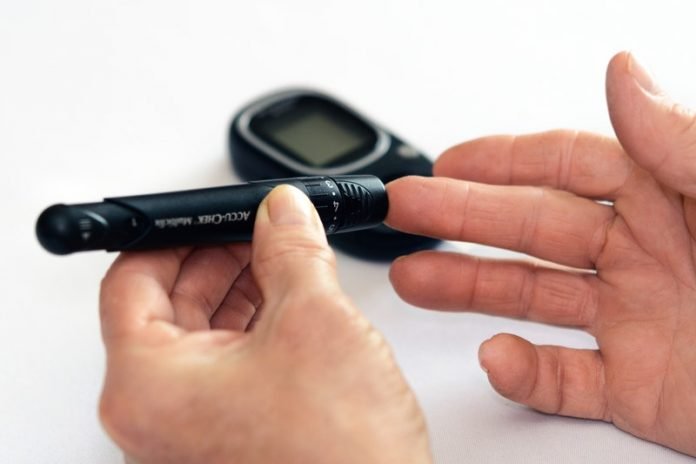
In a new study, researchers found that a new class of diabetes medications is masking the potentially dangerous condition of ketoacidosis at the time of surgery.
Ketoacidosis is a potentially lethal build-up of acid in the blood. The diabetes drugs are called gliflozin medications.
The research was conducted by a team from the University of Adelaide in Australia.
Gliflozin medications are used to protect people against heart and kidneys diseases. They work in the kidneys to excrete excess sugar in diabetic patients’ urine.
The condition may happen in the lead-up to surgery when patients cannot eat and drink normally.
Diabetic ketoacidosis is a serious complication when the body does not have enough insulin and can’t use sugar to generate energy.
Instead, the body uses fat to produce energy and this process leads to the accumulation of acids called ketones in the body.
Blood sugar levels are always high with this ketone build-up. The symptoms are similar to other events during and after surgery such as mild acid build-up, vomiting, and abdominal pain.
If this problem is not treated, it can lead to coma and death. It is likely to happen with severe infection, loss of hydration, illness or during surgery.
Previous research has shown that ketoacidosis is deceiving and likely to be missed easily as it presents with near or low-normal blood sugars.
In the study, the team found that 42 people with diabetes who did various surgeries, while taking gliflozin medications, experienced ketoacidosis while their blood sugar level was normal.
The team suggests that ketoacidosis can happen in people with both type 1 and type 2 diabetes.
Diabetes sufferers who are taking gliflozin medications need to be tested for acid load in the blood to avoid complications linked to ketoacidosis.
Failure to identify and treat this condition can result in unnecessary tests looking for other medical and surgical problems after surgery.
Future work needs to check the rate of this incident occurring in diabetic patients having surgery.
One author of the study is Dr. Venkatesan Thiru, Senior Clinical Lecturer.
The study is published in the British Journal of Anaesthesia.
Copyright © 2019 Knowridge Science Report. All rights reserved.


